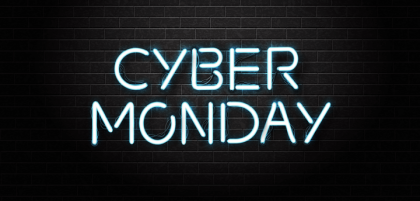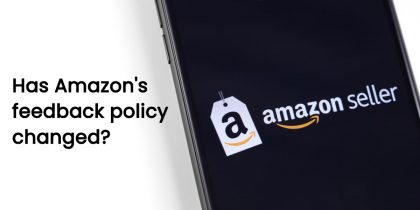Do you want 2018 to be your most profitable year yet? Then you need to plan ahead.
We’ve compiled a quick summary of the most important dates in every e-commerce seller’s calendar, so you can make sure you have the right products in stock and are more than prepared for peak shopping times and promotions.
If you’re using an e-commerce help desk like xSellco, which tracks key metrics such as ticket volume, response times and query types, you have easy access to reliable data that will help you make smarter business decisions in 2018.
Jan. 15: Blue Monday/Martin Luther King Jr. Day
Ever since scientists dubbed the third Monday in January the most miserable day of the year (Blue Monday), marketers have used it as a ploy to encourage consumers to indulge in some retail therapy. It also happens to fall on Martin Luther King Jr. Day in the U.S. in 2018, another holiday that retailers continuously cash in on.
Feb. 14: Valentine’s Day
Americans spent more than $18 billion on Valentine’s Day gifts last year, according to the National Retail Federation—more than a quarter of which were bought online. What were they splashing out on? Jewelry, flowers, clothing, candy and cards. Notably, NRF also discovered that 20 percent of consumers bought gifts for their pets.
Apr. 1: Easter Sunday
Easter Sunday falls two weeks earlier in 2018, compared to last year—closer to when most people are paid—which means consumers will be more likely to spend. Popular Easter-driven categories include candy and chocolate eggs, but shoppers also splash out on toys and new spring/summer wardrobes.
Mar. 11/May 13: Mother’s Day
Mother’s Day, celebrated in March in Ireland and the UK and in May everywhere else, is one of the biggest retail holidays of the year. More than $20 billion was spent on mothers in the U.S. last year—and 28.5% of those purchases took place online.
Jun. 17: Father’s Day
While Father’s Day spending has been on the uptick for the last few years ($15.5 billion in 2017), it still lags behind what’s spent on mothers. That being said, more than one-third of consumers shop online for the perfect dad gift.
Jul. 4: Independence Day
Americans are more likely to spend on food and drink on July 4, but it’s also when retailers offer major markdowns on spring/summer inventory, while early birds start to stock up on back-to-school supplies.
Sep. 3: Labor Day
This end-of-season holiday is retail’s last chance to clear out summer stock so the steepest discounts are typically on warm-weather apparel and accessories, as well as outdoor furniture. Consumers are primed to expect at least 50 percent off these items.
Oct. 31: Halloween
The average American planned to spend $169.81 on Halloween in 2017, shelling out for costumes, candy and decorations. People who celebrate the holiday tend to start their costume searches online, with more than one-third doing so in September or earlier.
Nov. 22-26: Thanksgiving/Black Friday/Cyber Monday
More than 174 million Americans shopped in stores and online from Thanksgiving through Cyber Monday this year, according to the NRF. One-third of those consumers shopped only online. Not surprisingly, Cyber Monday and Black Friday were the two most popular days for online shopping.
Dec. 25: Christmas Day
Despite the deep discounts on offer over Thanksgiving weekend, NRF found that only 12 percent of people had finished their holiday shopping by Dec. 12, with 53 percent planning to shop on the last Saturday before Christmas, Dec. 23. Notably, more than half of those last-minute shoppers planned to purchase their gifts online.
Happy customer spend more
Try xSellco free
Sign up for a free trial today. No credit card needed.








